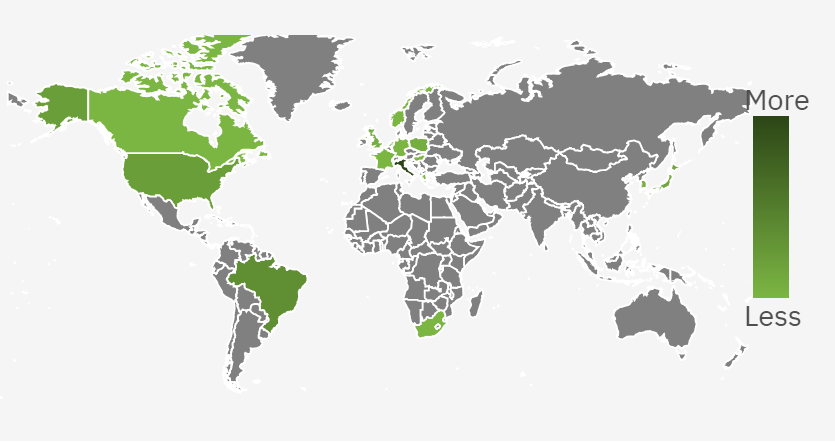 An open access journal
An open access journal
Advancing Material Science for Sustainable Innovations
Abstract
This paper explores the advancement of material science for sustainable innovations through AI-driven engineering. Through case studies and research insights, it investigates how artificial intelligence is transforming traditional material development practices, including materials design, synthesis, and characterization. The study highlights the application of AI techniques such as machine learning, quantum computing, and molecular dynamics simulations in accelerating materials discovery, optimizing material properties, and reducing environmental impact. Additionally, it discusses the integration of AI with high-throughput experimentation, materials informatics, and additive manufacturing to enable rapid prototyping, materials optimization, and custom fabrication. The paper also addresses challenges such as data integration, model interpretability, and scalability in the deployment of AI-driven engineering solutions in material science. It emphasizes the importance of interdisciplinary collaboration, open data sharing, and experimental validation in leveraging AI's potential to drive sustainable innovations in materials for various industries, including aerospace, automotive, and electronics.
Share and Cite
Article Metrics
References
- Kalidindi, S. R., & De Graef, M. (2015). Materials informatics: The materials "gene" and big data. Annual Review of Materials Research, 45, 171-182.
- Kim, C., Ceder, G., & Persson, K. A. (2018). High-throughput density functional theory calculations: Challenges and perspectives. The Journal of Physical Chemistry Letters, 9(22), 6854-6861.
- Kitchin, J. R. (2018). Machine learning in catalysis. Nature Catalysis, 1(4), 230-232.
- LeCun, Y., Bengio, Y., & Hinton, G. (2015). Deep learning. Nature, 521(7553), 436-444.
- Li, Q., Guo, Z., & Yang, X. (2016). Computational materials science: A perspective from recent developments. Theoretical Chemistry Accounts, 135(6), 106.
- Rupp, M., Tkatchenko, A., Müller, K. R., & von Lilienfeld, O. A. (2012). Fast and accurate modeling of molecular atomization energies with machine learning. Physical Review Letters, 108(5), 058301.
- Xue, D., Balachandran, P. V., Hogden, J., Theiler, J., Xue, D., Lookman, T., & Hogden, J. (2016). Accelerated search for materials with targeted properties by adaptive design. Nature Communications, 7, 11241.

